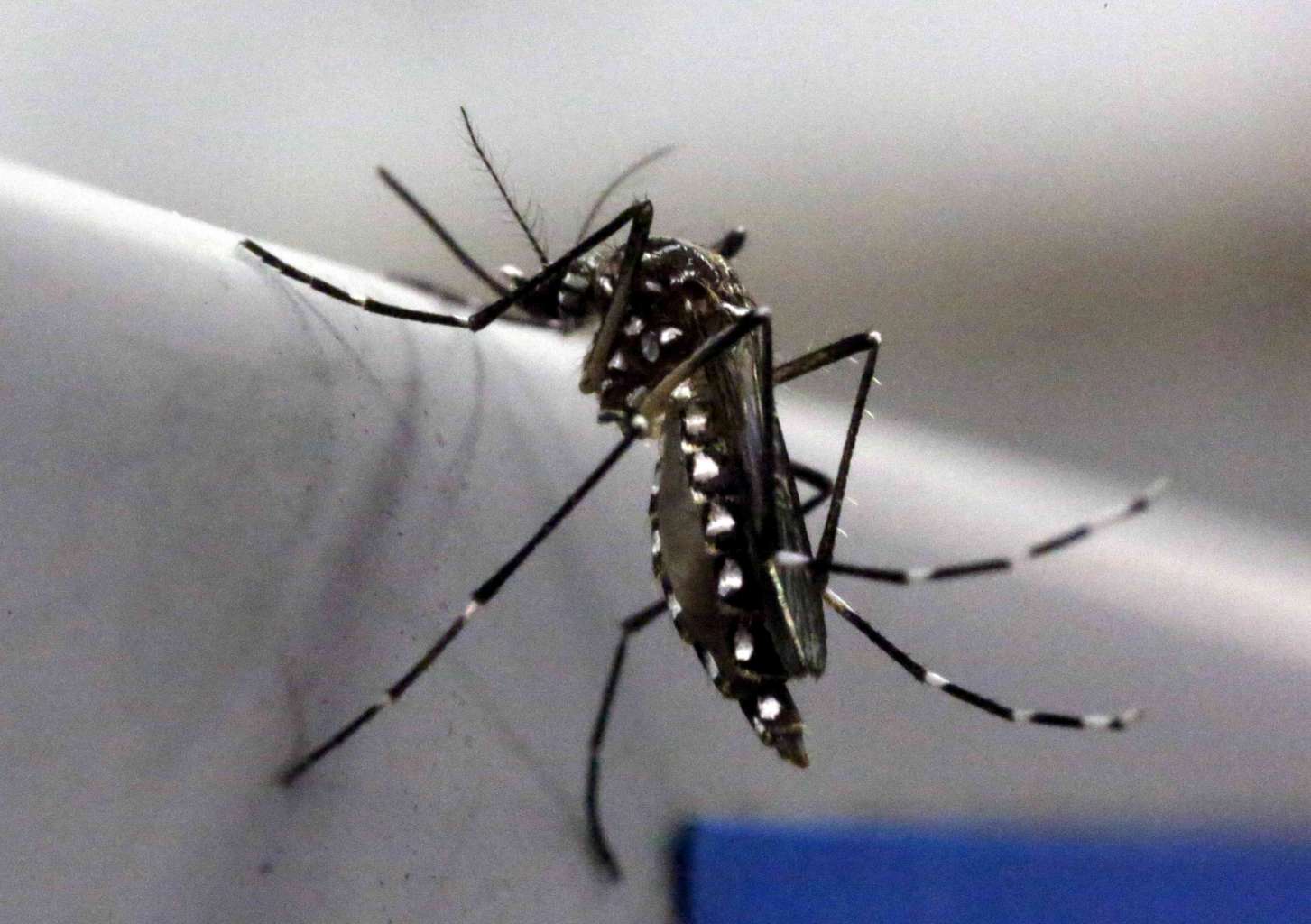Singapore steps up measures against Zika virus; clinical advisory group on infection and pregnancy to be set up
Sign up now: Get ST's newsletters delivered to your inbox

The Ministry of Health and the National Environment Agency will step up precautionary measures against the Zika virus.
PHOTO: REUTERS
Shea Driscoll
Follow topic:
SINGAPORE - The Ministry of Health said on Wednesday (Feb 3) it will set up a clinical advisory group on Zika virus infection and pregnancy to provide expert advice on the management of pregnant women infected with the virus.
This is among several new precautionary measures that will be introduced by the MOH and the National Environment Agency (NEA) after the World Health Organisation (WHO) on Monday (Feb 1) declared the mosquito-borne Zika virus to be a global public health emergency.
The WHO has recommended that pregnant women who have been exposed to the Zika virus should be counselled and monitored, as a causal relationship between Zika infection during pregnancy and microcephaly is strongly suspected, though not scientifically proven.
Babies with microcephaly have an abnormally small brain and skull for their age, in the womb or at birth, with varying degrees of brain damage as a result.
Another measure is to expand Zika virus testing capability to public hospital laboratories, the MOH and the NEA said in a press release on Wednesday. Blood samples of suspected Zika virus cases are currently tested at the National Public Health Laboratory.
The NEA added that it has already stepped up its efforts to control the mosquito population due to the ongoing dengue outbreak. The Zika virus is also transmitted through Aedes mosquitoes.
Other measures to reduce the risk of Zika taking root in Singapore had already been put in place ahead of the WHO's declaration.
The Zika virus had been added to the list of notifiable infectious diseases under the Infectious Diseases Act on Jan 26. The MOH has also issued a circular to doctors on Jan 27 to raise awareness of the virus.
All confirmed cases of the Zika virus will be admitted to a public hospital until they recover and test negative for the virus. People in close vicinity of any infected person, such as members of the same household or colleagues, will also be screened.
Lastly, health advisories have been issued to travellers coming from and going to countries affected by the virus on how to protect themselves against mosquito bites.
Those returning to Singapore from such countries have also been reminded to monitor their health and consult a doctor if they have Zika symptoms, which include fever, skin rashes, joint and muscle pains, headaches and red eyes.
The Zika virus has infected millions in South America. Brazil claims it is the reason more than 4,000 babies have been born with abnormally small heads since October last year.
Countries outside the region have also been affected. Australia has confirmed its first cases of Zika this year, while Thailand reported its second.
However, an infectious disease expert told The Straits Times that while the virus will come to Singapore, major outbreaks like those of dengue fever are unlikely.

